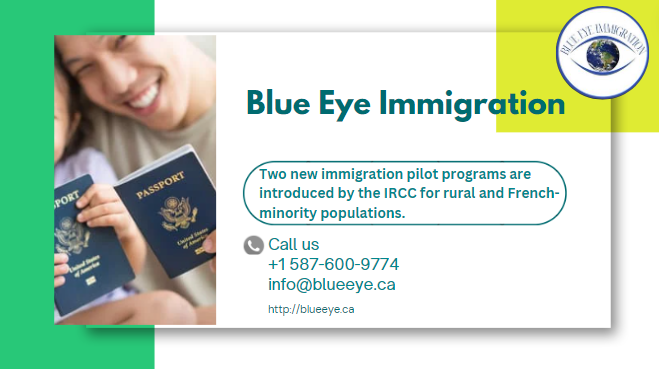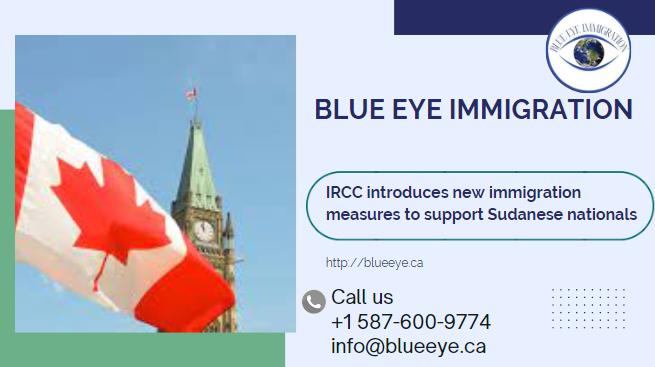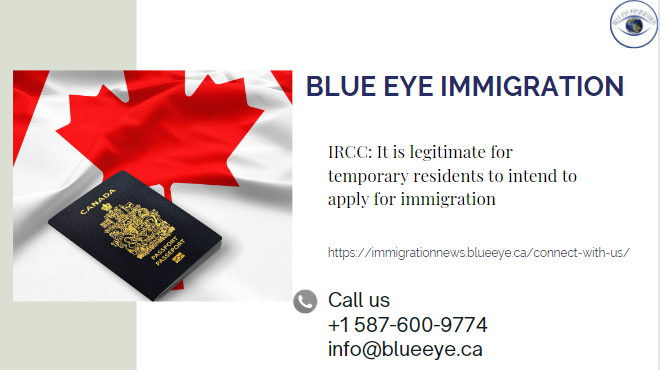Immigration, Refugees and Citizenship Canada (IRCC) announced the creation of two new immigration pilots, one for francophone minority communities nationwide and the other for rural communities, during a press conference earlier today. Additionally, the IRCC announced that the current Rural and Northern Immigration Pilot (RNIP) will become a permanent program.
Immigration Minister Marc Miller stressed the importance of rural and francophone minority communities across Canada today during a press conference. He pointed out that “regional immigration plays a key role in strengthening their economies, [especially with respect to] connecting businesses and employers in remote communities with the skilled newcomers they need to thrive.”
The decision to launch these new pilot projects will, in accordance with the IRCC, “help attract and retain skilled foreign workers in rural and Francophone minority communities, contributing to their economic and linguistic vitality.”
As of right now, both of IRCC’s new immigration pilot projects are scheduled to begin in the fall of 2024.
Additionally, the IRCC has already said that “selected communities” would be able to participate in the “community application process,” which is scheduled to start “this spring” for both pilot projects. The IRCC has previously said that it would provide additional information about these two initiatives “in the coming months,” but for now, the following contains the available material. To view the complete press release from today’s announcement from IRCC, click this link.
Pilot Program for Immigration in Rural Communities
In order “to ensure that rural communities continue [being able]… to access programs that address labor shortages and help local businesses find the workers they need,” the IRCC said that this pilot program is being launched. The immigration department of Canada has not yet released any information on the pilot, other than stating that it would allow qualified immigrants to apply for permanent residency in Canada, much like the current RNIP does.
The IRCC states that this pilot, like the RNIP, is meant for “newcomers who can help [rural communities] overcome critical labour job shortages and want to live long term in these smaller communities.”
Pilot Program for Immigration from Rural and Northern Areas
Since pilot projects are limited to a maximum of five years, the IRCC’s new initiative, the Rural Community Immigration Pilot, will essentially replace the RNIP.
Since its inception, the RNIP has given eleven distinct communities across five provinces—Ontario, Manitoba, Saskatchewan, Alberta, and British Columbia—the ability to welcome immigrants who wish to live there and can assist these areas in addressing their urgent labor and demographic issues.
Candidates must fulfill a number of requirements pertaining to their professional experience and personal qualifications in order to be eligible to immigrate to Canada under the RNIP. Additionally, they must get a community endorsement from a “designated community economic development organization.”
Candidates must fulfill one or both of the following federal requirements in order to be eligible for the RNIP:
- Possessing an endorsement from one of the approved communities
- having completed at least 1,560 hours of qualifying continuous work experience throughout the previous three years.
or
- Having completed their studies at a publicly supported post-secondary school in the community that is endorsing them
- having a legitimate offer of employment to work in one of the approved localities
- Fulfilling the language requirements necessary for the NOC skill type/level of the available position
- Having enough money to live comfortably and provide for their family in the community
- intending to remain in the neighborhood
Furthermore, candidates must fulfill requirements pertaining to their educational history, possess a job offer, be proficient in both English and French, and more in order to be eligible for the RNIP. You can find all of the RNIP’s information here.
Immigration Pilot for Francophone Communities
The new francophone immigration pilot program from IRCC is intended to support the federal government in increasing the “number of French-speaking newcomers settling in communities outside of Quebec” and contributing to the “economic development of Francophone minority communities [and helping] restore and increase their demographic weight.”
The most recent illustration of Canada’s emphasis on French-language immigration nationwide is the department’s new Francophone pilot program. This dedication is demonstrated, among other things, by the emphasis on skilled immigrants to Canada who speak French fluently and who use category-based Express Entry draws.



